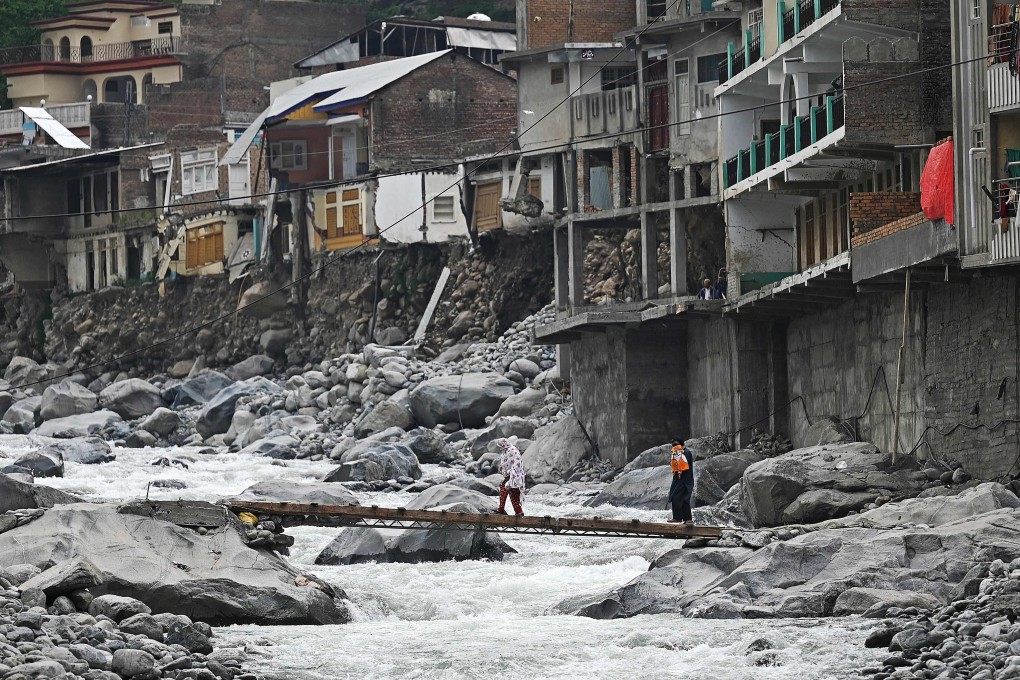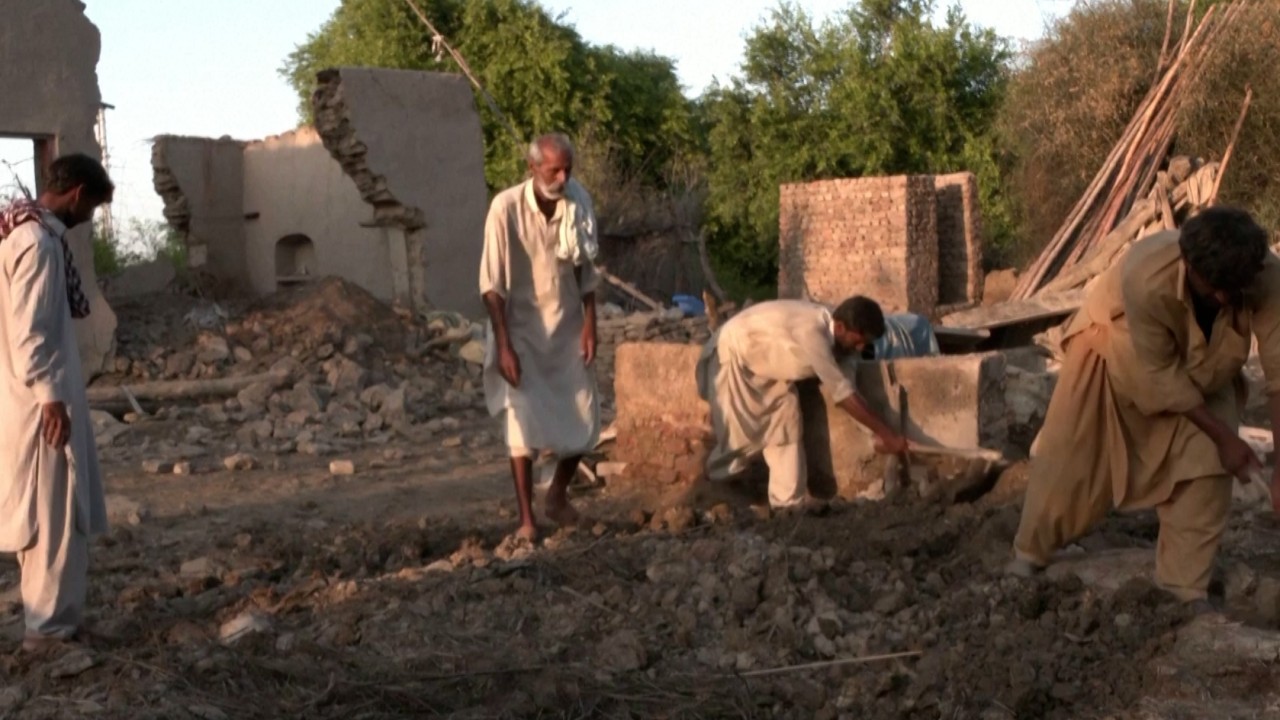Opinion | On climate action, India and China should do better by their neighbours
- While countries in South Asia are on the brink of climate disasters, the regional giants are intensifying their use of fossil fuels
- China and India may have the resources to cope with the consequences, but their neighbours do not have the same level of adaptive capacity

South Asia has long faced the dire threat of climate catastrophes. Yet, most of its urban and rural areas remain inadequately equipped to handle the increasing complexity of anticipated heatwaves, cyclones and rainfall. Immediate climate action is needed.
Perhaps people aren’t yet suffering enough for policymakers to give climate change their full attention. Why else would governments disregard the hazards it poses? One possible explanation for this may be that media reports on climate change were not strongly worded enough to convince the developed world to respond with urgency.
The IPCC report highlights a grave global reality: global average temperatures are likely to cross 1.5 degrees Celsius above pre-industrial levels in the early 2030s. Once that threshold is breached, scientists expect the effects of climate change to be so severe that it may become impossible for human beings to adapt.

